On September 9, elements of the U.S. 160th Special Operations Aviation Regiment (Airborne), in collaboration with the UK’s 7th Special Operations Squadron, carried out a Chinook helicopter flyover along London’s Heli-Lanes.
This was part of the interoperability exercise Dark Lightning 24, designed to enhance coordination between the two nations’ special forces.
In a statement shared by U.S. Special Operations Command Europe (SOCEUR) on Twitter, the exercise was described as a reflection of the ongoing partnership between the U.S. and UK.
The storied relationship between the United States and the UK is mutually beneficial and exercises like this only strengthen that partnership. We’ve served alongside each other in countless global conflicts and continue to empower each other through shared lessons learned. pic.twitter.com/plwipo7ScF
— US Spec Ops Europe (@US_SOCEUR) September 10, 2024
The statement highlighted: “The storied relationship between the United States and the UK is mutually beneficial and exercises like this only strengthen that partnership. We’ve served alongside each other in countless global conflicts and continue to empower each other through shared lessons learned.”
The 160th Special Operations Aviation Regiment (Airborne), abbreviated as 160th SOAR (A) and commonly known as the Night Stalkers, is a highly specialised unit of the U.S. Army, providing aviation support to special operations forces.
Their missions include attack, assault, and reconnaissance, typically carried out at night under demanding conditions such as high speeds, low altitudes, and on short notice. The regiment is based at Fort Campbell, Kentucky, and operates under the Joint Special Operations Command (JSOC), where it is referred to as Task Force Brown.
The regiment is composed of some of the U.S. Army’s most skilled aviators, crew chiefs, and support soldiers. Officers must volunteer for the unit, while enlisted soldiers can either volunteer or be assigned by the U.S. Army Human Resources Command. Before fully integrating into the 160th SOAR, all soldiers undergo intensive training in a programme called “Green Platoon”, which covers advanced combat skills like land navigation, weapons handling, and teamwork.
Soldiers must pass a series of rigorous tests to remain with the unit, though they may be allowed to retake the course if they fail on the first attempt.
Once assigned, new Night Stalker pilots are initially classified as Basic Mission Qualified (BMQ) and must undergo several years of testing, leadership roles, and evaluations before becoming Fully Mission Qualified (FMQ). After achieving FMQ status, which can take three to five years, pilots may then attempt to qualify as flight leads. Additionally, SOAR flight medics are eligible to qualify as special operations combat medics by completing a challenging 36-week course at Fort Liberty.


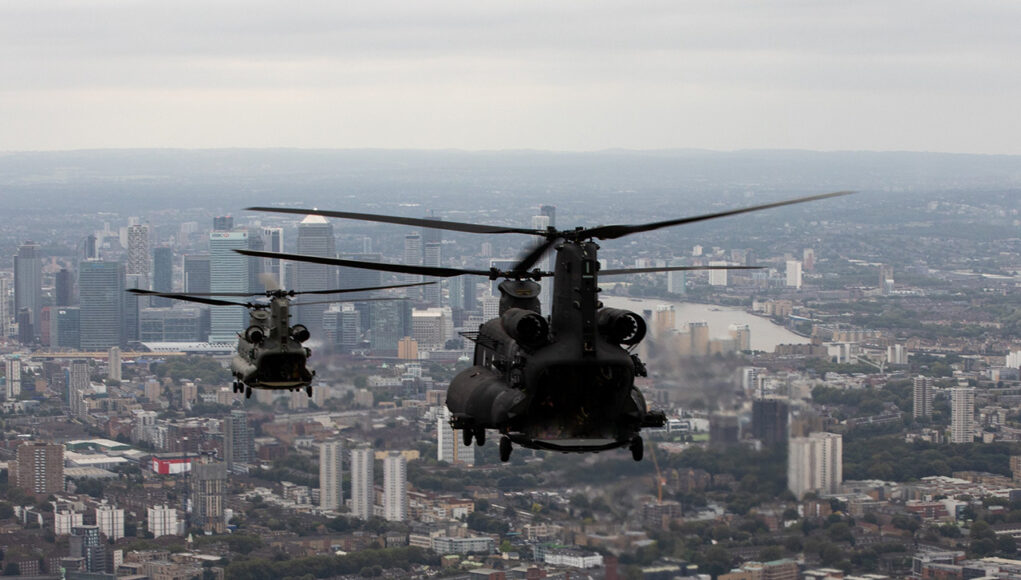
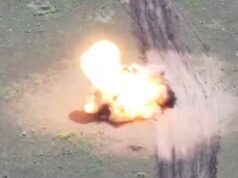
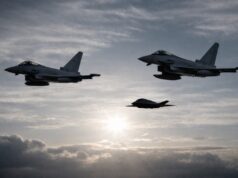
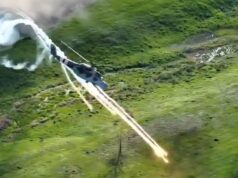
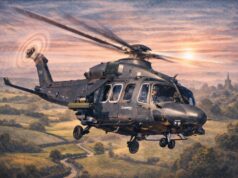
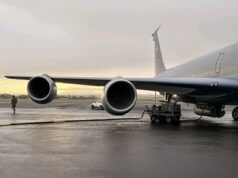
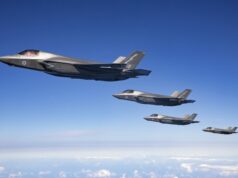

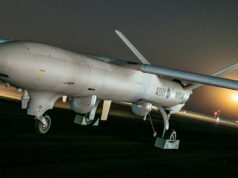
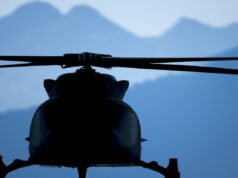


I’m well aware what 7 Sqn RAF does, but never seen it described as 7 SO Sqn before.
Any chance we can keep these Chinooks for our Special forces 🤗 🇬🇧 🇺🇸
We are getting our own, as things stand. I don’t know if they have the same spec.
Morning mate ,happily we are which I know about but not the same Spec Refuelling Capability etc .But still something better than nothing .👍
Morning mate. Yes, it’s a gap in capability that’s been aired many times.
I recall it was said ours will have the “plumbing” for it.
will that plumbing also be fitted for not with
More than lightly
I am not sure they would notice they were missing. The Night Stalkers are 150 rotary assets and 12 UAV. Fort Campbell typical US base complete with the obligatory 18 hole course. Enough ammunition storage to fight a small war. Half the camp is in Kentucky and half in Tenessee. Compare Odiham on Google Sat and Fort Campbell paying attention to the aprons. Handfull of AC at Odiham. I gave up counting on US field.
The power and numbers of the US military never cease to amaze me.
👍
I would suggest some may have been practicing last week.
“Jim, that’s Chinook, but, not one we’ve seen before!”
“Thank you, Bones.”